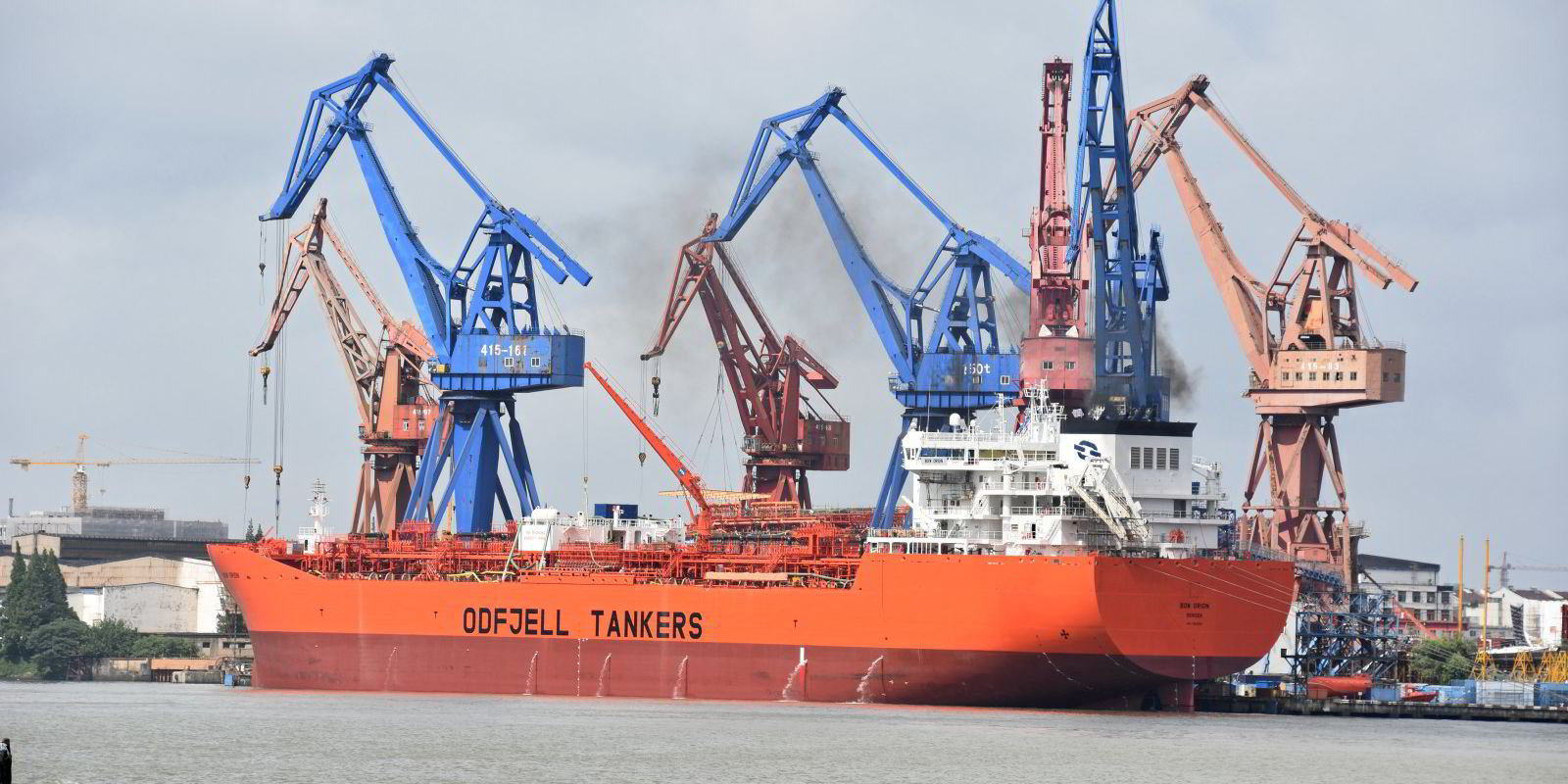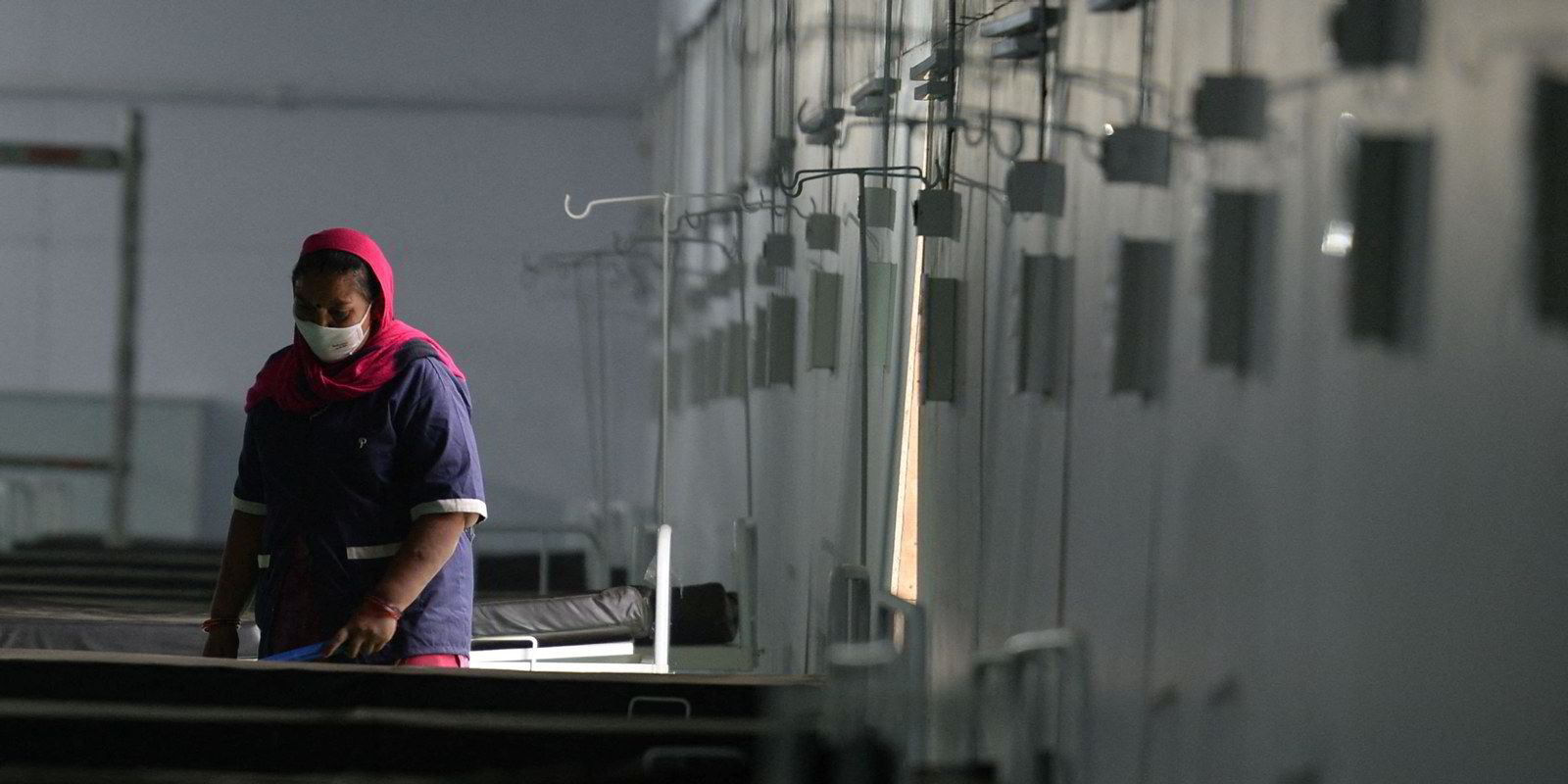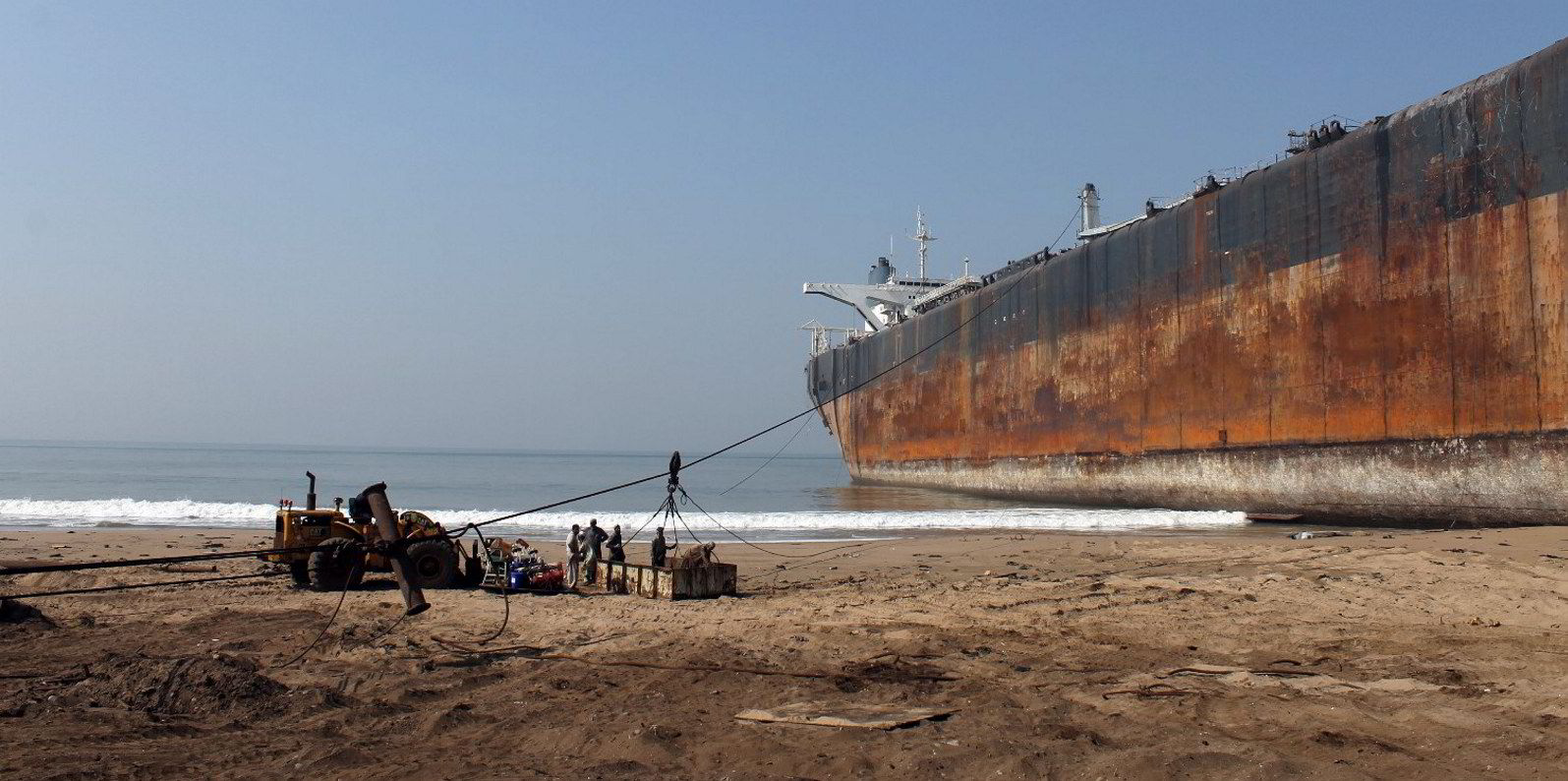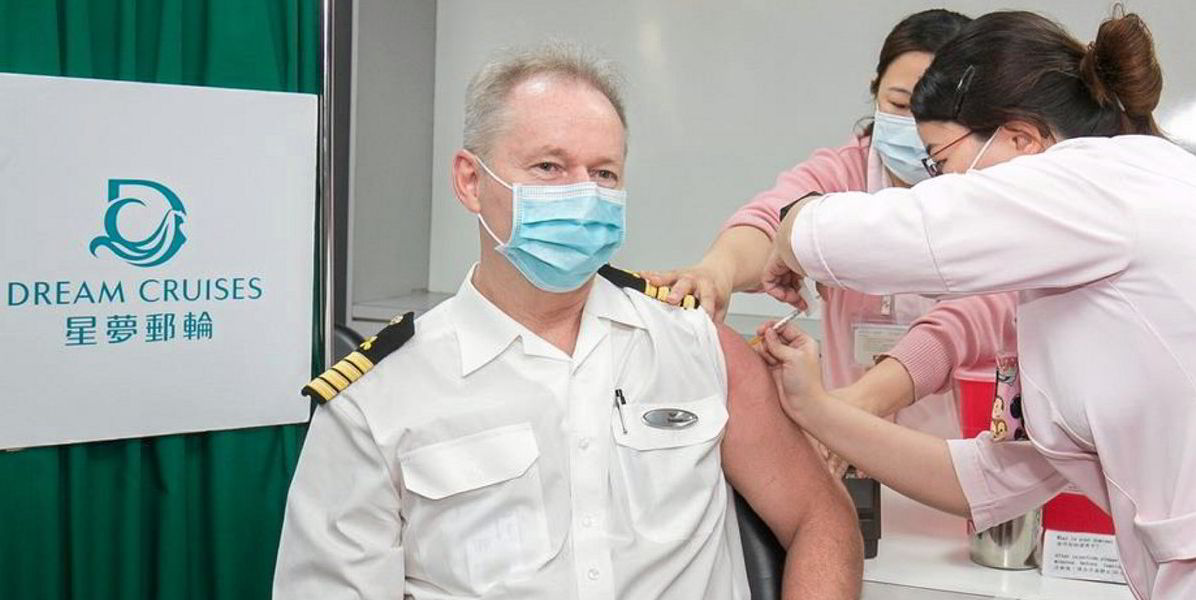Tanker owners and managers — particularly those with newbuildings just being handed over — are in a manning bind as a result of bans on travel from India.
A collision between Chinese immigration policy and oil major approval rules is adding millions of dollars in extra management costs.
At the same time, it is contributing to demand for Chinese crews that is outstripping supply.
Added costs for a newbuilding's first voyage can reach $250,000 per just-delivered tanker in direct crew management expenses.
That is not counting the expense of hire lost in delays, which can easily come to weeks, said a leader of one major technical manager.
Because of India's surging Covid-19 infection rates, shipowners taking delivery in China are unable to send in their usual mixed-nationality crews for sea trials and handover, and must crew up initially with only Chinese seafarers, a ship management source said.
Troubles at loading ports
That is not a severe problem until the ships arrive at load ports, said the manager, who asked not to be identified.
Oil major approval rules typically require that the top two deck officers and the top two engine officers have been with the same fleet for at least two years. For most shipowners, that rules out a sudden shift to a Chinese crew.
"For bulkers and containerships, the situation is not so severe, because many international owners use Chinese crew," said the official. "But basically, only Chinese shipowners use Chinese crews on tankers."
Even Chinese-owned ships can be caught in this rules clash, including a series of 10 MR2 product tankers that Shandong Shipping has ordered for long-term charter to Shell, with mixed nationality crews under international third-party management.
Even though the initial Chinese crew will only serve a few weeks, shipowners or managers are faced with having to pay them a minimum six months of wages.
Then when the first crew members are replaced somewhere on their westward journey, in for example Malaysia or Singapore, there come the expenses of quarantine lodging and testing plus airfare and agency fees that are a multiple of pre-Covid-19 levels.

All this will tend to delay the ship as well and add to lost hire.
Meanwhile, the surge in demand for Chinese crews, even if only for brief voyages, has led to a rebalancing of national wage levels that has been ongoing throughout the Covid crisis.
"Every two months or so we receive requests for adjustments of wage levels," said the ship manager.
The result is that Chinese crew wage levels have now topped the previous levels of Indian crew members.
Wallem Group, which has its own crewing agency in China, has been able to crew newbuilding vessels from Chinese yards with Chinese seafarers.
“Compliance with oil major crewing requirement is reviewed on a case-by-case basis, and we have an open dialogue with oil majors if any equivalent arrangements have to be considered,” interim chief executive John-Kaare Aune said.
“They understand the challenge and look at means to mitigate the risk by the technical manager and these need to be communicated transparently to all stakeholders.”





